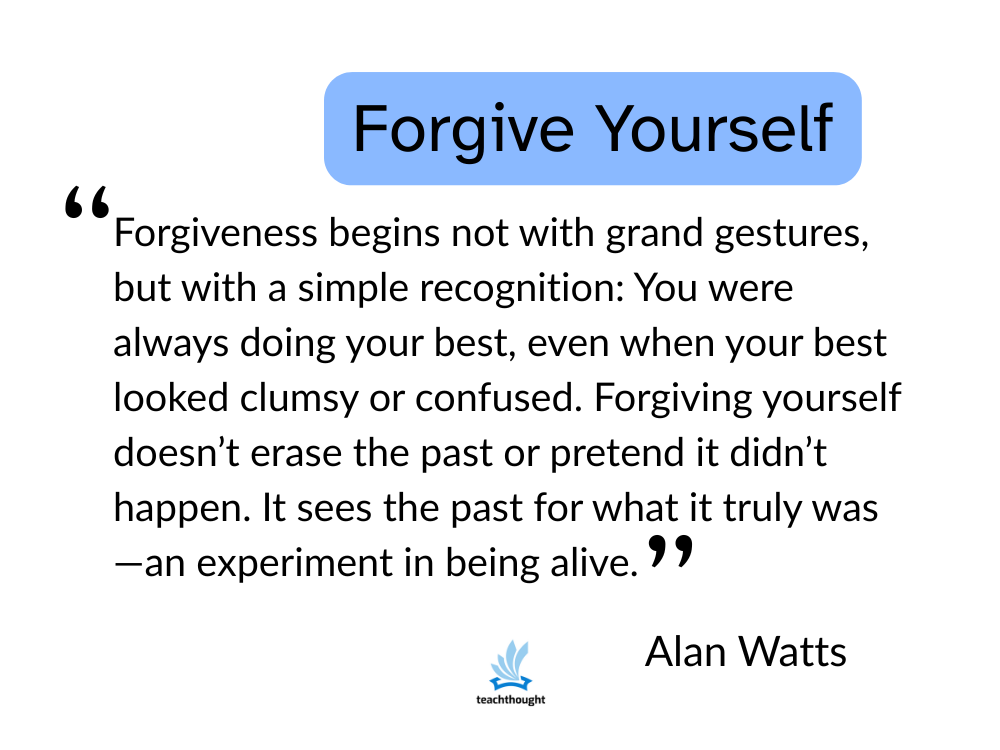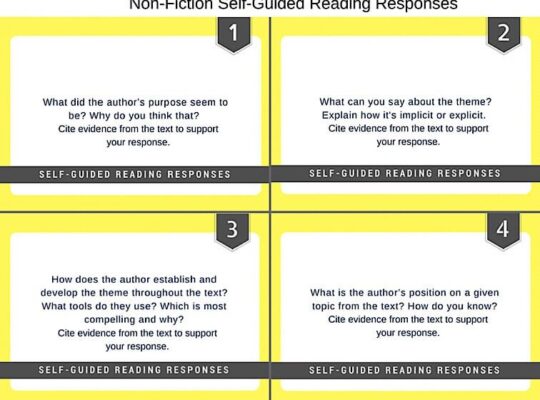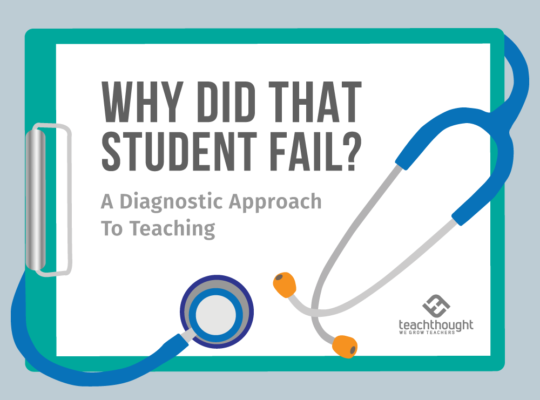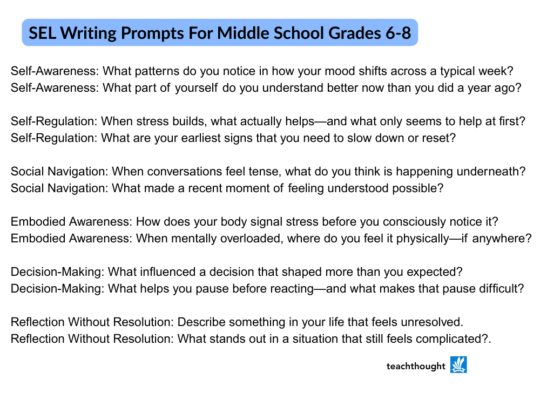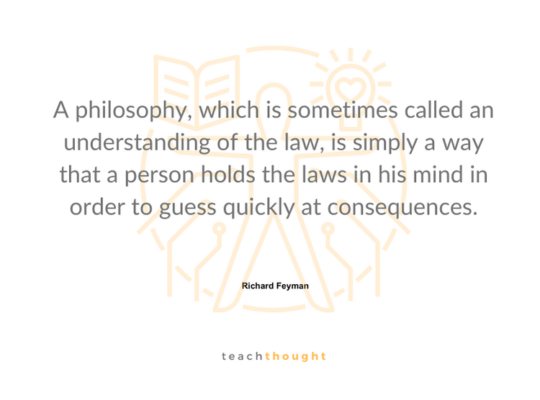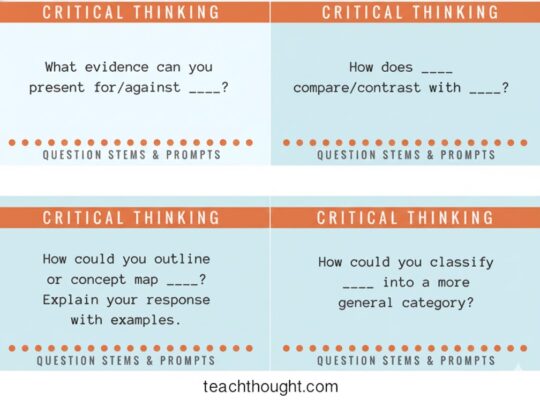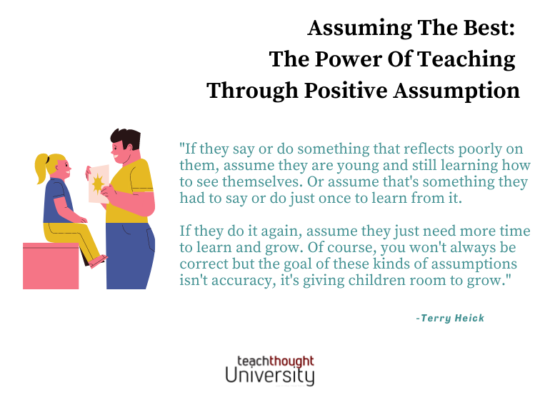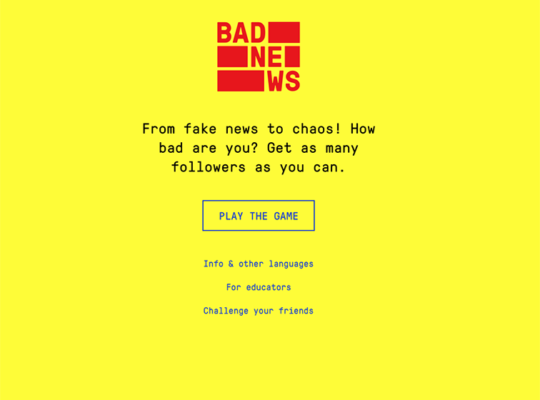I am terrible at forgiving myself.
Never good enough. Should’ve said this earlier or have done it another way. Something better or simpler or more creative or kinder or useful, etc.
Alan Watts has a very plain take on this: Don’t.
Alan Watts on Forgiveness
We All Make Mistakes
We’ve all said things we wish we hadn’t, done things we wish we could undo. And yet, if you look back honestly, you will see that at that time, with the understanding and consciousness you had, you were doing your best.
“To condemn yourself for the past is like scolding a child for not knowing calculus.”
You were moving through life with the tools available at that moment, with the clarity—or lack of clarity—you had at the time. Every mistake was part of the path that brought you here.
The First Step: Self-Compassion
Forgiveness begins not with grand gestures, but with a simple recognition: you were always doing your best, even when your best looked clumsy or confused. To see that is to soften. To soften is to begin to forgive.
Forgiving yourself doesn’t erase the past or pretend it didn’t happen. It sees the past for what it truly was—an experiment in being alive. Every choice, every blunder, every harsh word was not a crime against existence, but a step in learning how to walk.
Putting Down the Stones
Most of us carry our mistakes like stones in a sack, dragging them year after year. We replay scenes in our heads, wishing we could edit the script. But the past is finished. Learning opens the way forward; self-condemnation is dead weight.
Compassion for yourself is letting the stones fall and seeing that you are no longer the one who stumbled — you are the one who learned.
This is the first step into freedom.
Seeing Others Through the Same Lens
What is true for yourself is true for others. People do not act with perfect clarity. They act from the limits of their awareness and the conditions that shaped them. When someone acts in bitterness, it is because bitterness has taken root in their heart—often from wounds you may never see.
“To condemn them outright is to forget that they are already living inside their own punishment.”
Seeing this allows you to forgive without excusing harm. You may still walk away—without carrying hatred in your heart.
Judgment vs. Understanding
Judgment is quick and easy. Understanding takes effort—it asks us to pause, to imagine another’s inner world. This is the intelligence of empathy: seeing yourself in another and another in yourself. Their anger, confusion, and blindness are reflections of what you have carried at other times in your life.
“Forgiveness ceases to be a moral duty. It becomes a natural response.”
Breaking the Chain of Hurt
Pain reproduces itself like a contagion. Without awareness, we pass along what was given to us. Forgiveness is refusing to play that game.
Forgiveness says: “This stops here.”
It is how you reclaim freedom from the endless repetition of hurt. You become the break in the chain—the point at which pain no longer multiplies.
Forgiveness as Release
Forgiveness does not always mean reconciliation. It often happens silently, in the privacy of your own heart. You may forgive someone and still choose not to walk beside them again.
“Resentment burns only the one who holds it.”
Letting go releases not just the other person, but yourself. You are no longer bound to their story.
Empathy as the Highest Intelligence
Cleverness wins arguments. Empathy transforms hearts. It asks, What pain gave rise to this action? No one wakes up and chooses to be cruel; they arrive there through a web of causes stretching back further than even they can trace. Seeing this dissolves judgment and replaces it with understanding.
Unity and Wholeness
At the deepest level, forgiveness is not even a moral act. It is a recognition of unity—that the one who harms you is not truly separate from you.
“To hate them is to hate a part of yourself.”
In this vision, compassion flows as naturally as breathing. Forgiveness happens by itself because you see there was never anything separate to forgive.
Letting Life Be
When you stop demanding perfection from yourself or from others, you begin to see the beauty of life’s clumsy dance. Forgiveness doesn’t erase the past; it releases its grip.
Forgive yourself. Forgive the world. Not because it is noble, but because it is the only way life can keep flowing.
Source link


